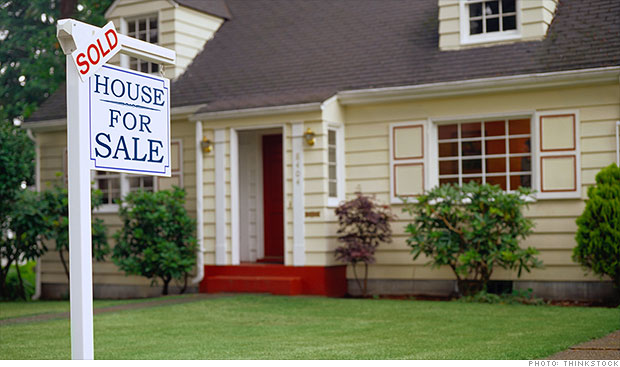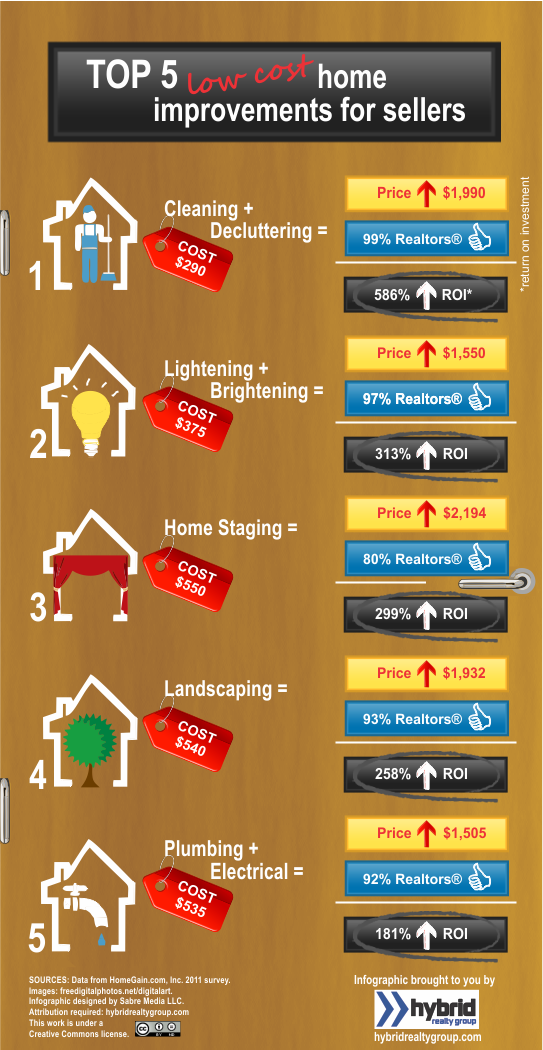In hot market, bid first, see house later

Professional investor Paul Livson, with damage that he considers an easy fix,
as he inspects the condition of the condo in Pleasanton, Ca. on Wednesday April
3, 2013, which he has put an offer on before even seeing. Livson made an offer
of $279,000 on the condo using the inspection period as a fallback in case he
wants to walk away from the property.
As soon as it hit the market, the home inspired a
bidding war, with the top two prospective buyers both offering well above the
listing price, in cash. In today's fevered real estate market, that's no longer unusual.
Buying homes sight unseen is a small but growing trend in the Bay Area,
fueled by the over-competitive market and burgeoning interest by international
buyers - and enabled by technological advances. Buyers might make offers without seeing a house for several reasons: They
live elsewhere or are away for business or personal reasons; they had scheduling
conflicts and couldn't visit before bids were due; they're investors accustomed
to buying just based on property characteristics; or they're taking a
scattershot approach of making lots of offers and seeing which get accepted.
Today's array of tech tools means they're never truly buying in the dark,
however. Besides extensive photos and video tours of homes for sale, plenty of
websites offer the chance to learn about neighborhoods and schools, and research
comparable sales.
Often, those who bid sight unseen have a chance to tour the house during escrow and can still back out. But sometimes they're willing to pay huge amounts based on photos, videos and their agent's recommendation. (The bidder may also had a family member visit.)
Professional investor Paul Livson of Danville has been buying and selling properties for 30 years, both for rental income and to resell. Bidding before visiting is a tactic he and others increasingly adopt, he said. "Lots of people are doing it now because they know they need to get their offer in quickly," he said. "The market conditions are such that if you wait to see it, if it's any kind of decent deal, there are already five to 10 offers on their way, and yours will be at the back of the pack. I need to be at the front of the pack." And while he bids blind, he never buys blind. "The risk is limited because you have an inspection period, so there's always an opportunity to see it and walk away" if it's not up to snuff, he said.
Some sales, such as courthouse auctions that are the final stage in the
foreclosure process, don't offer a chance to see properties in advance, nor is
there an inspection period. While many investors bid at those auctions, "that's
much more risky to me," Livson said. "I don't like to buy without having at
least a day or two to inspect it. You could have a property that looks great on
the outside but has $50,000 worth of termite damage." His agent, Cindi
Hagley, broker at the Hagley
Group at Prudential
California Realty in San Ramon, said she's increasingly representing
investors who want to bid sight unseen for efficiency, and she has created a
"buyer concierge" program in response. "We hunt the properties for them,"
she said.
"At first, I was really, really
surprised and kind of suspicious," said Nina
Hatvany of Pacific
Union, the listing agent. "I was concerned that they hadn't seen the
property. After all, they might not like it when they saw it." But since both offers looked serious and included proof of funds, "I said to
the sellers, 'This seems like a new buyer profile. You might as well take it.'
"
Not completely blind
Often, those who bid sight unseen have a chance to tour the house during escrow and can still back out. But sometimes they're willing to pay huge amounts based on photos, videos and their agent's recommendation. (The bidder may also had a family member visit.)
Professional investor Paul Livson of Danville has been buying and selling properties for 30 years, both for rental income and to resell. Bidding before visiting is a tactic he and others increasingly adopt, he said. "Lots of people are doing it now because they know they need to get their offer in quickly," he said. "The market conditions are such that if you wait to see it, if it's any kind of decent deal, there are already five to 10 offers on their way, and yours will be at the back of the pack. I need to be at the front of the pack." And while he bids blind, he never buys blind. "The risk is limited because you have an inspection period, so there's always an opportunity to see it and walk away" if it's not up to snuff, he said.
Riskier deals
Some agents worry that such bidders muddy the waters. "I am concerned about buyers
feeling that this is a viable option in competition," said Bebe McRae of the Grubb
Co., who has sold some properties to people who bid blind. "I heard seven
offers yesterday on (a property) and the deciding factor for the sellers in
choosing the winner was all about the confidence they felt in the buyers being
able and willing to close successfully. The buyers went to the property on
several occasions and also did their inspections prior to writing the offers."







![remodelingprojects[keanan.edits]3.8.13](http://www.car.org/3550/OCTimages/gifs/704650/718578/remodelingprojects_keanan.edits_3.8.13.jpg)